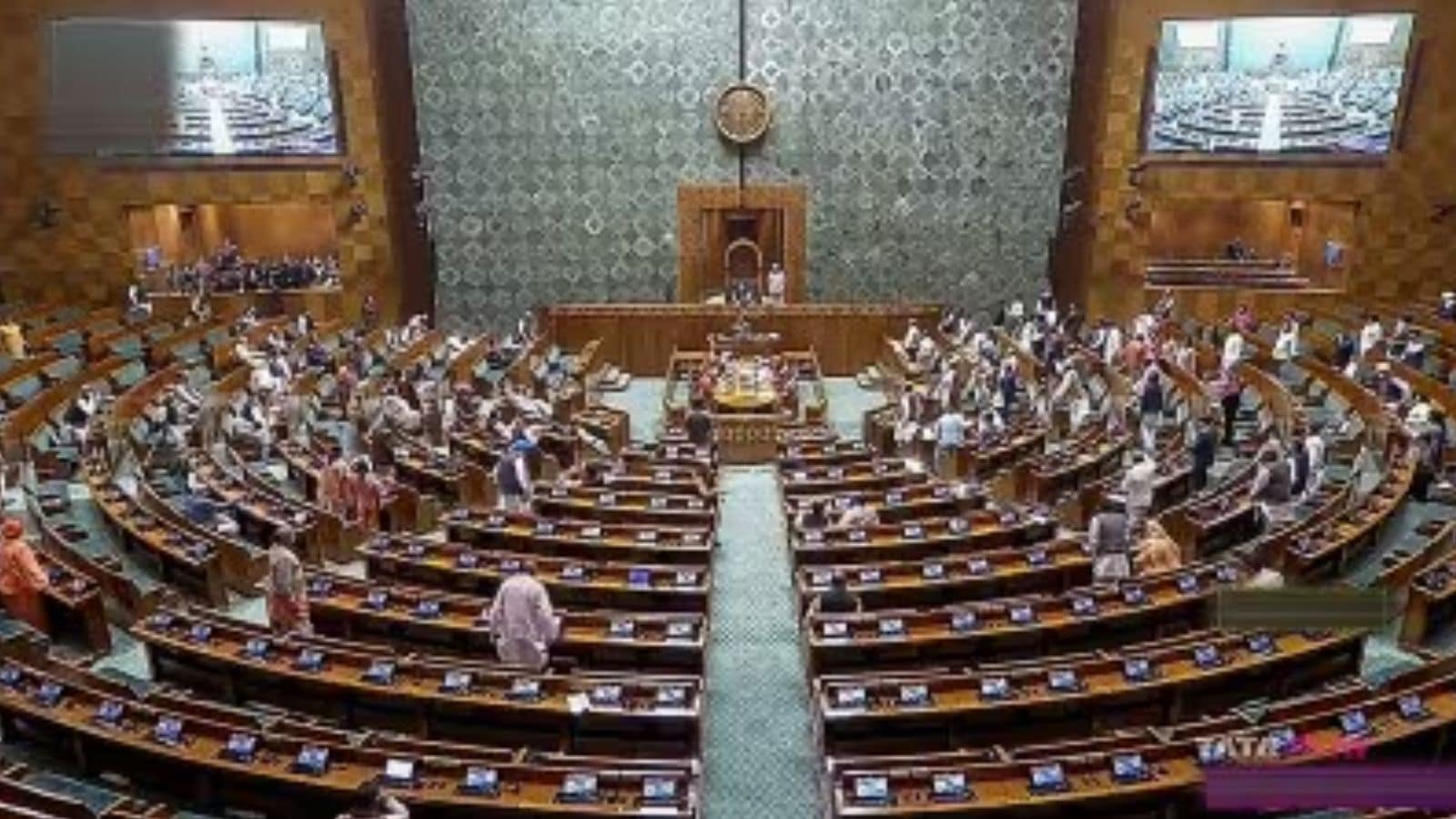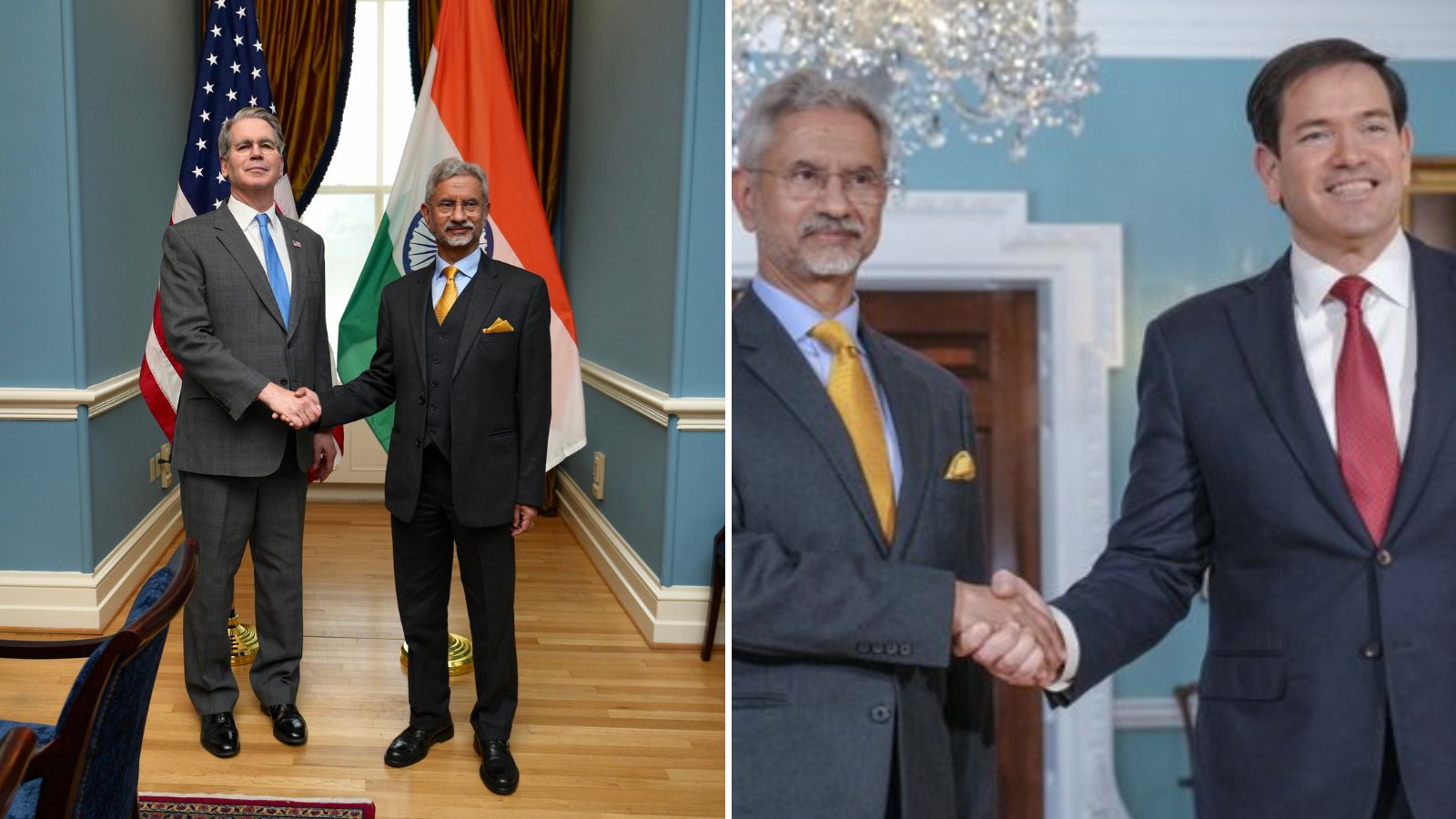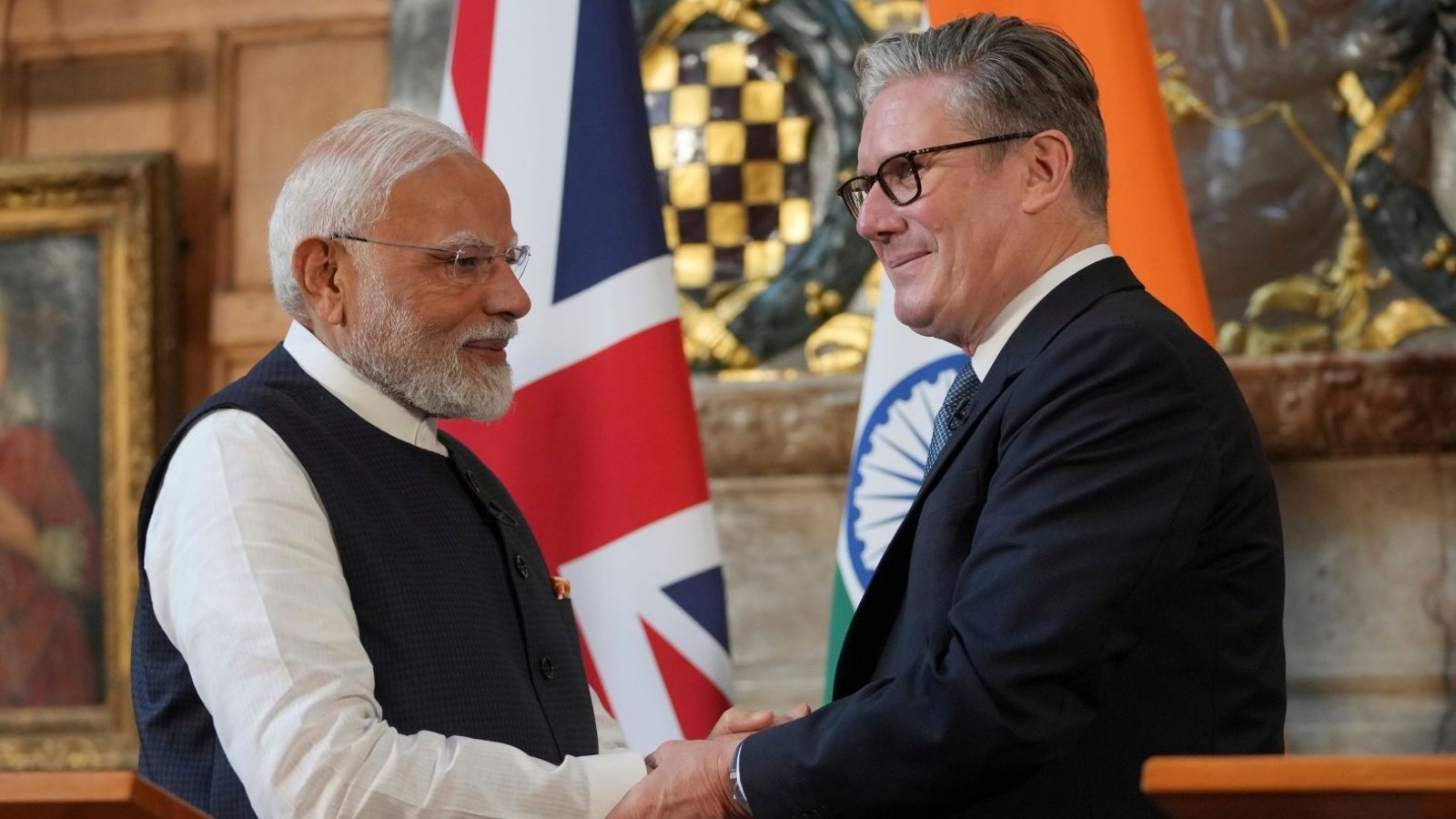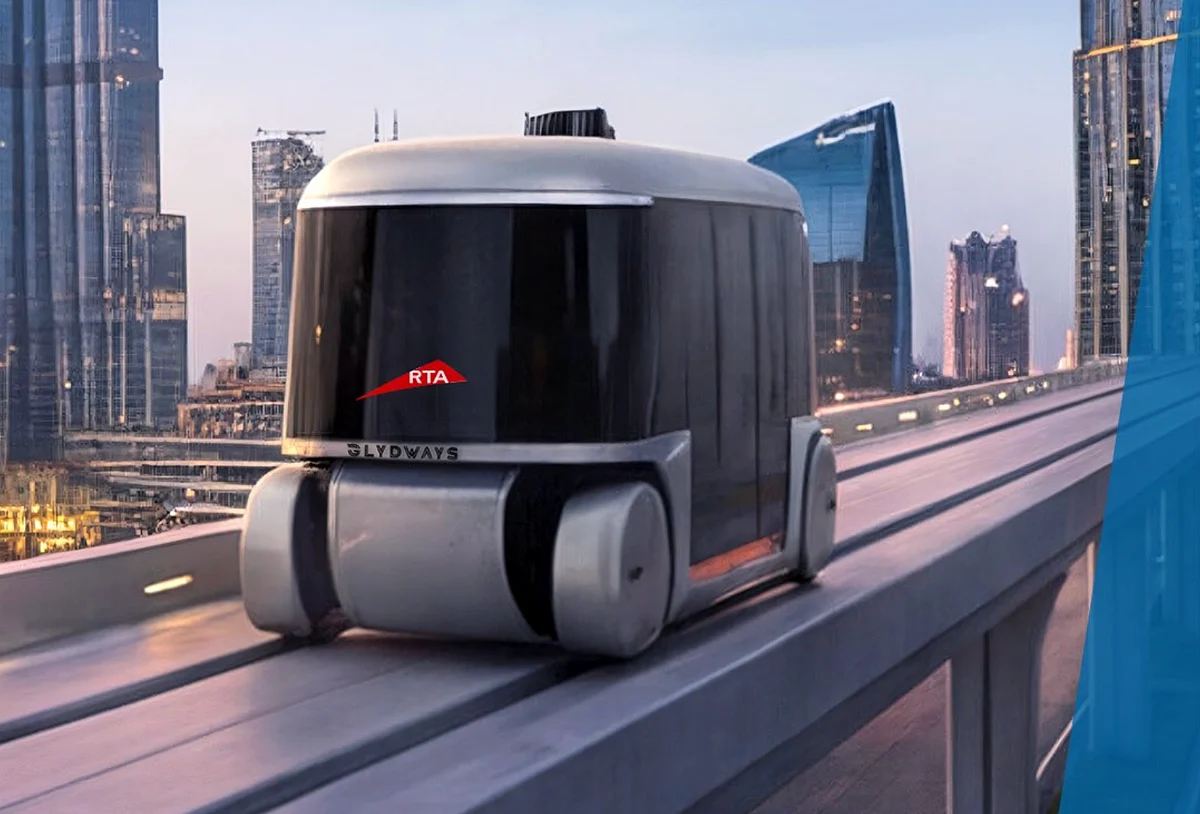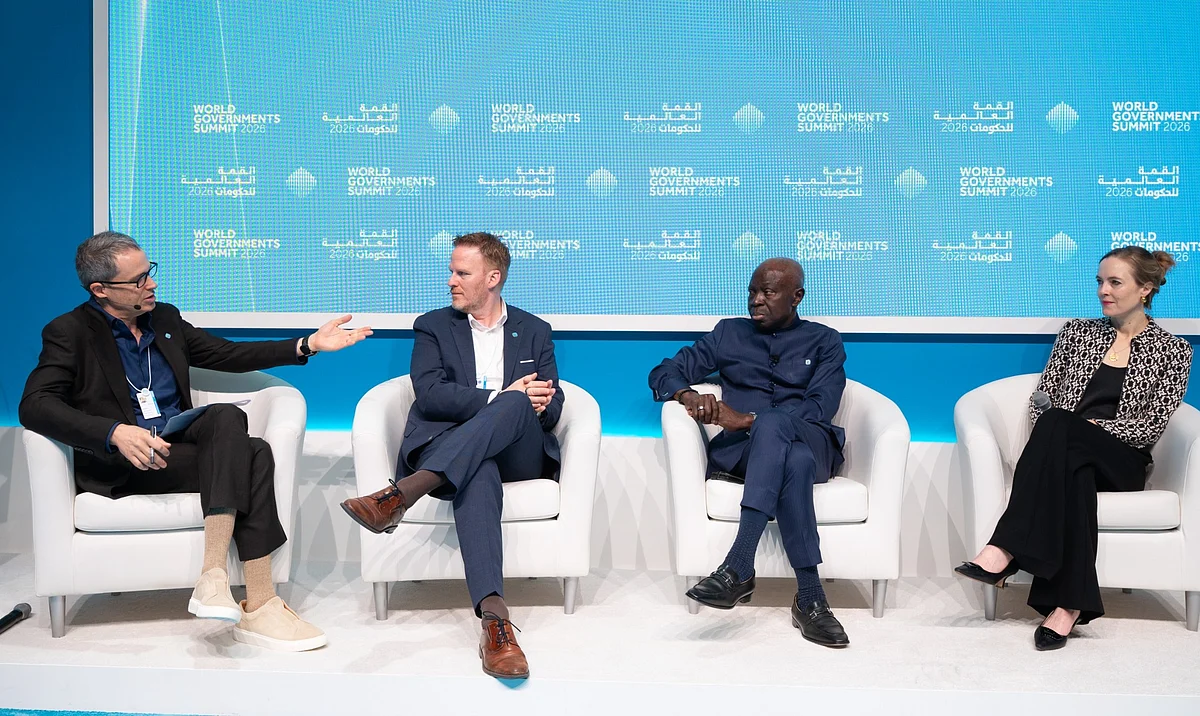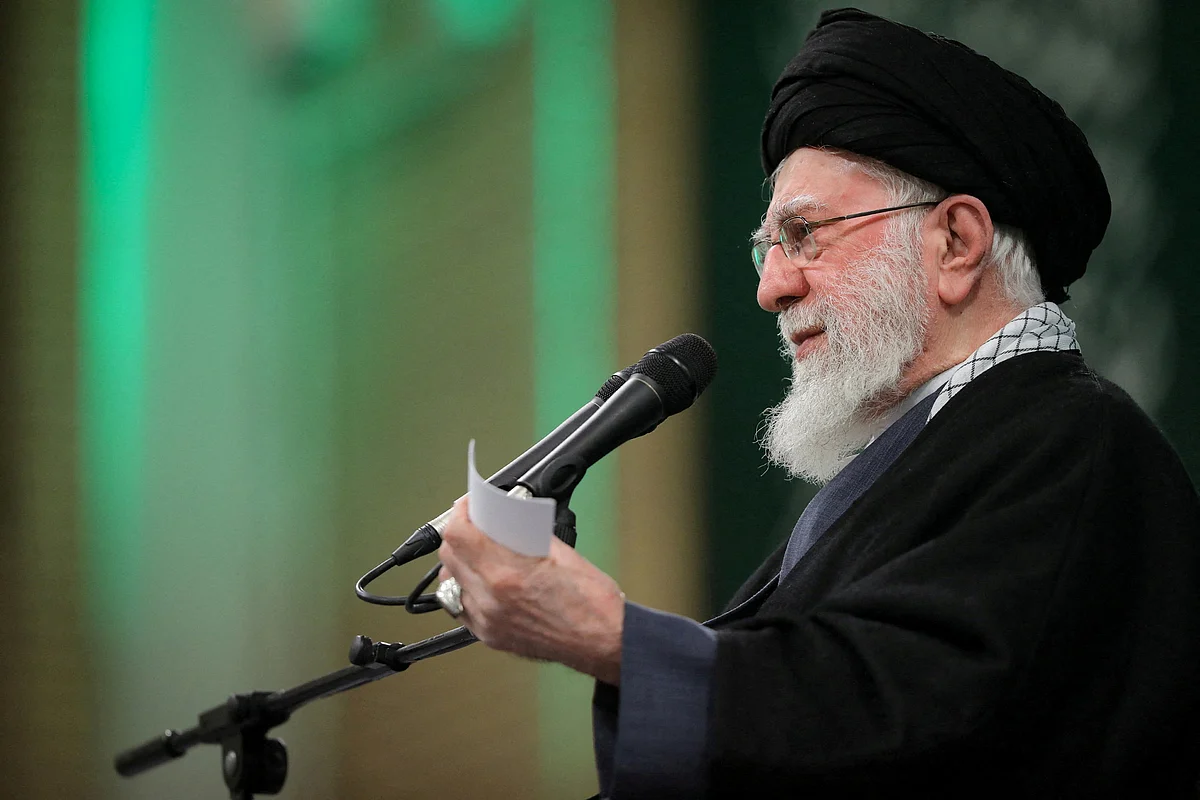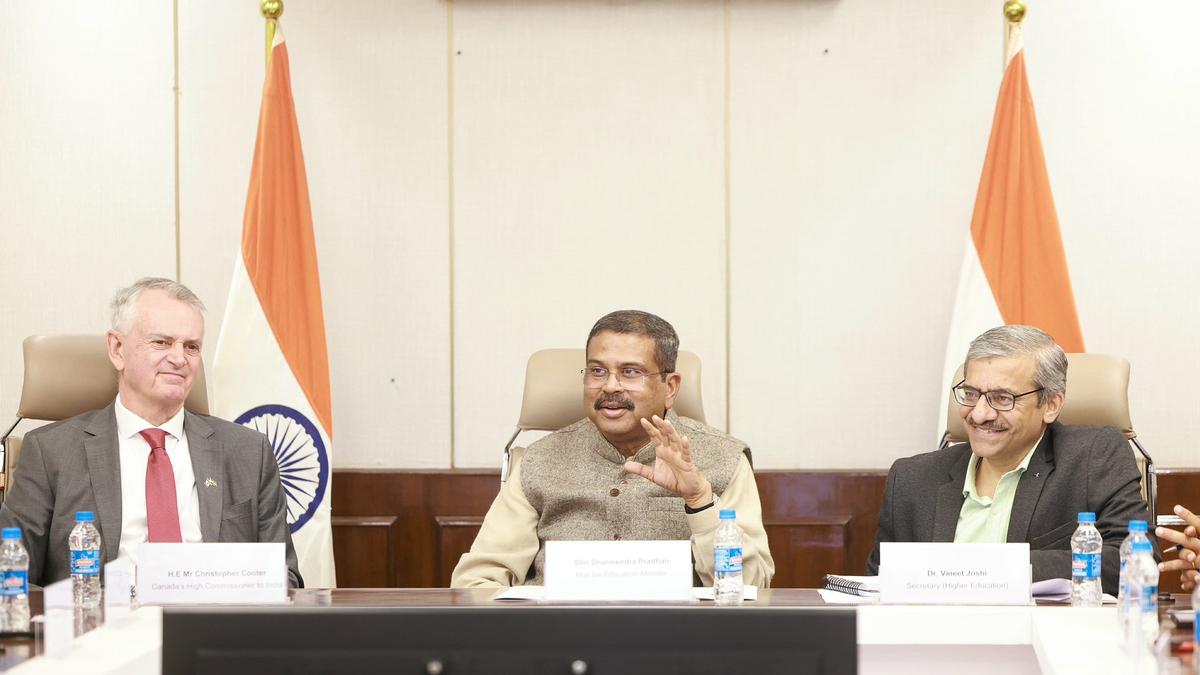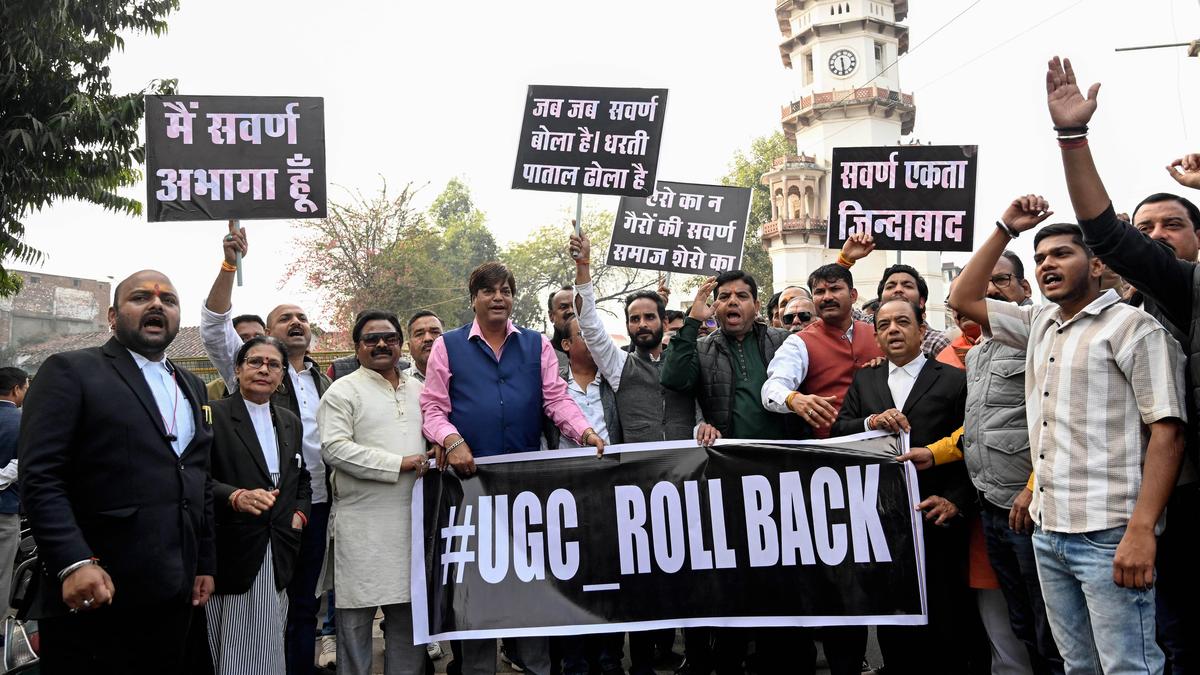The Jaguar Land Rover Story: How Ratan Tata Triumphed After Ford Snub
The story of how Ratan Tata, snubbed and humiliated by the Ford Motor Company when trying to sell a car production unit in 1999, turned the tables by buying two of its biggest brands a mere nine years later.

Ratan Tata, industrialist, philanthropist, and a beloved national leader died late Wednesday at the age of 86. A towering figure in Indian and global business circles, he leaves behind a grieving nation and a war-chest full of lessons, including the story about how he bought Jaguar and Land Rover.
In March 2008 the automotive world stood up to take notice of India.
As a new day dawned in the United Kingdom, and across the pond in the United States, newspapers headlined the Tata Group's estimated $2.3 billion purchase of Ford-owned British marquee brands Jaguar and Land Rover, beating out compatriots Mahindra and Mahindra.
It was the Indian automotive industry's 'Neil Armstrong moment' - 'one small step for the Tatas, one giant leap for the country's corporate brand'. It was also a moment of personal triumph for Ratan Tata after being snubbed by the American brand when trying to sell a production unit.
The story begins in 1998 with the launch of the Tata Indica.
India's first diesel-powered hatchback, the Indica was also widely seen as the country's first indigenously designed and manufactured car. It was also a car close to Mr Tata's heart.
Sales, though, were poor, and a dejected Ratan Tata looking to cut short his losses flew to the US to offer the factory to then Ford boss Bill Ford. The meeting did not go to plan.
Mr Ford reportedly chastised Mr Tata, declaring the Indian company should never have started manufacturing cars and that buying the plant would be a 'favour' to the Tatas.

Production of the Tata Indica was shut down in 2018, two decades after it first rolled out (File).
A "humiliated" Ratan Tata walked back his offer to Ford and returned home with renewed focus and determination, and a very clear goal - to prove his doubters and critics wrong.
Nine years later - after transforming the Indica into a success, with European and African exports by 2004 and domestic sales peaking at 1.42 lakh in 2007 - Mr Tata did just that.
By 2008 it was Ford struggling.
The recession that roiled the American economy took its toll and the company was nearly bankrupt; indeed, had it not been for a government line of credit that could have happened.
Ever-aware, Ratan Tata moved, and moved swiftly, to snap up Jaguar and Land Rover, forcing Ford (reports claim) to acknowledge the Indian company was doing it a 'favour'.
The joint ventures with Marco polo buses Brazil, Daewoo trucks of South Korea, Fiat Chrysler, Hitachi heavy Machinery, and an aerospace & defence division- all prove the mettle of Tata Motors.
And their strongest leader ever- #RatanTata Ji. — Vedant Birla (@birla_vedant) June 2, 2022
For Mr Tata, the deal may have an element of revenge, but it was also good business.
Jaguar, even though it was struggling then, s one of the world's most exclusive and best-recognised sports and luxury car makers, and Land Rover had clocked record sales in the previous three years.
This included raking in $1 billion in 2007/08.
READ | Ratan Tata: Industrialist, Philanthropist, And Indian Icon
"There is no reason to tinker with the brands... our challenge is to make them grow," Mr Tata said at the Geneva Motor Show in Switzerland days after the deal was announced.
And grow they did. JLR, or Jaguar Land Rover, sales soared from £9,871 million in 2011 to over £25,000 million by 2018. For FY24, the company said it sold over four lakh vehicles.
The entire episode showed the world what hard work, determination, and resilience can bring to the table, industrialist Vedant Birla posted on X in June 2022, on the 14th anniversary of that landmark moment.
"Tata stepped into global motor industry from there and has been a world player (since)..."
NDTV is now available on WhatsApp channels. Click on the link to get all the latest updates from NDTV on your chat.
What's Your Reaction?













